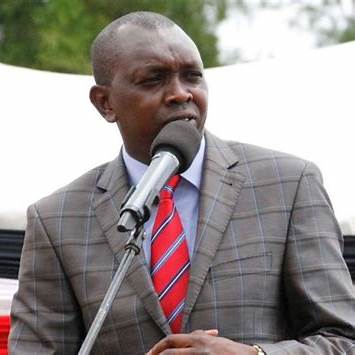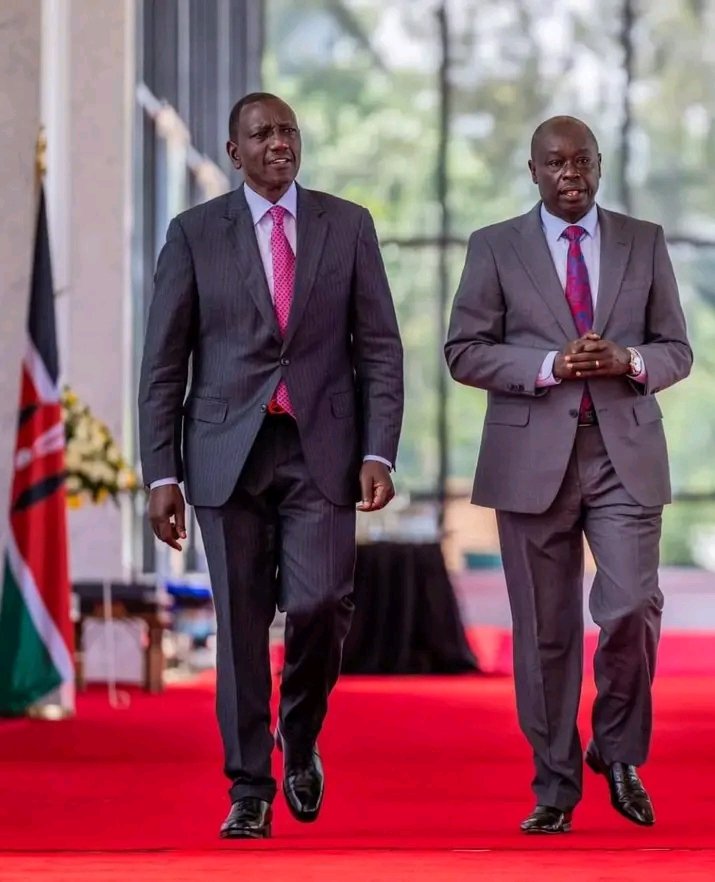In a significant blow to Kenya’s Universal Health Coverage (UHC) ambitions, civil servants have strongly opposed the government’s new Social Health Authority (SHA) deal, raising concerns about a looming nationwide strike and further chaos in the country’s healthcare system.
According to the Daily Nation front-page headline on March 10, 2025, civil servants have set a deadline of March 18, 2025, for the government to address their concerns or face mass industrial action. The rejection has sparked widespread debate on social media, with users like Coletta Aluda (@Colettaaluda_1) declaring, “SHA has no life in Kenya,” alongside an image of the Daily Nation front page.
Why Are Civil Servants Rejecting SHA?
The SHA, which officially replaced the National Hospital Insurance Fund (NHIF) on October 1, 2024, was introduced to improve healthcare access by offering affordable, digitized, and universal coverage. However, civil servants—who previously benefited from a tailored NHIF Civil Servants Scheme—are struggling with the transition.
1. Disrupted Healthcare Access
Civil servants have reported payment delays and service disruptions under the new SHA system. Many private hospitals and healthcare providers, frustrated by unpaid claims, have suspended services for SHA-insured patients. This has left thousands of civil servants either paying out-of-pocket or overloading already strained public hospitals.
2. Loss of Benefits
Under NHIF, civil servants had a comprehensive inpatient and outpatient package, distinct from other NHIF members. The SHA’s new standardized system has reportedly downgraded their benefits, leaving them worse off.
3. Technical Failures and Trust Issues
The SHA rollout has faced major technical glitches, especially after a failed partnership with a Safaricom-led consortium that was supposed to develop a seamless claims portal. The government later turned to Savannah Informatics, but the platform remains unstable, further eroding trust in the system.
4. Looming Strike
The Kenya Civil Servants Union (KCSU) has warned that civil servants will begin their strike on March 18, 2025, if their concerns are not addressed. This signals a serious standoff between the government and public sector employees.
A Broader Crisis for SHA
The rejection of SHA by civil servants is not an isolated case. Private healthcare providers have also refused to accept SHA patients, citing similar issues of delayed payments and insufficient reimbursements. With many providers opting out, the viability of SHA remains in question.
On social media, hashtags like #RutoLiesAllTheTime have gained traction, with critics linking the SHA’s struggles to broader governance failures by President William Ruto’s administration. Some have compared it to other unfulfilled promises, such as the stalled Nairobi River revitalization project.
What’s Next for Kenya’s Healthcare?
With a potential nationwide strike looming, the government must act quickly to prevent further instability in the healthcare system. Key government officials, including Health CS Debra Mulongo Barasa, Labour CS Alfred Mutua, and Public Service CS Justin Muturi, must engage with civil servants and unions to resolve these pressing issues.
Possible Solutions:
- Clear pending payments to restore trust among healthcare providers.
- Improve SHA benefits to match or exceed those previously provided under NHIF.
- Fix technical failures to ensure seamless access to healthcare services.
If these concerns are not resolved, Kenya risks a major health sector shutdown, further undermining public confidence in the government’s ability to deliver essential services.
Have Your Say!
Have you or someone you know faced challenges with the SHA? Share your experiences in the comments below and let’s discuss how Kenya can navigate this healthcare crisis. Stay tuned to https://KeleleHub.co.ke for the latest updates on this developing story!



